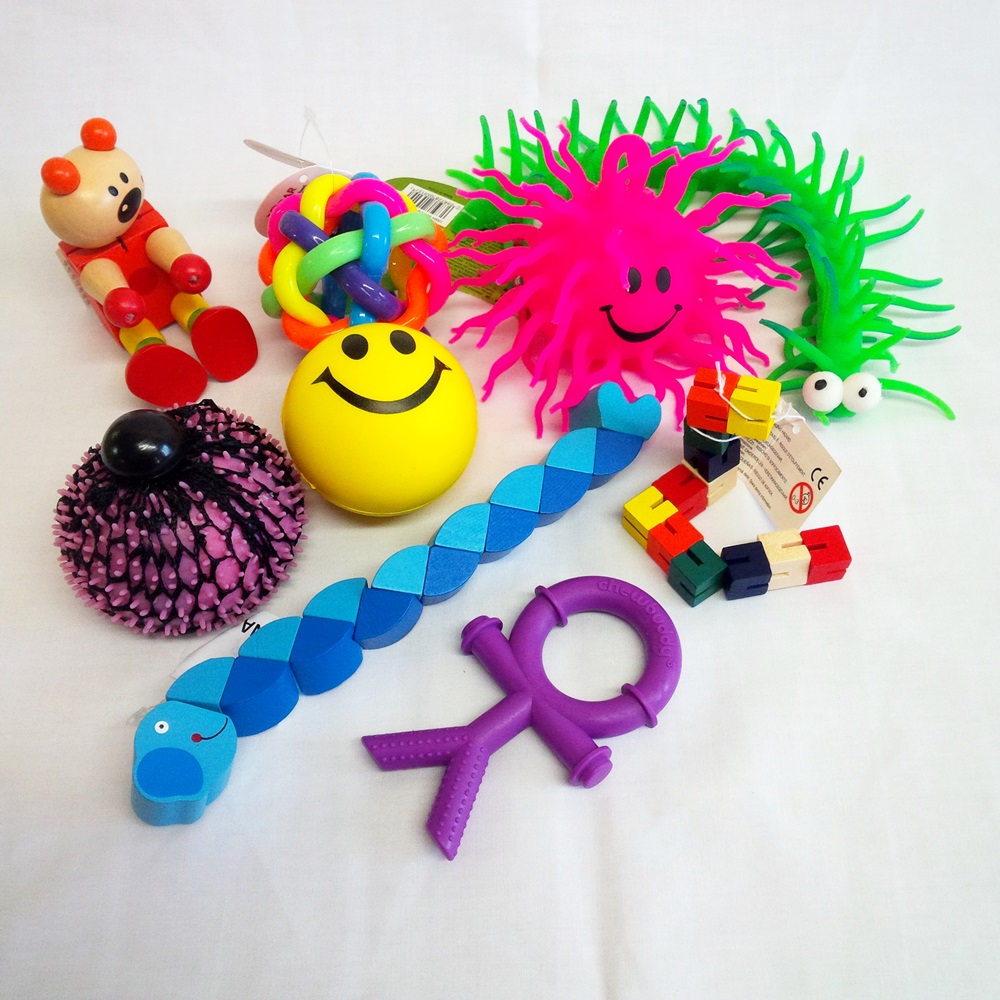Goal setting
/Goal Setting
By Patience Domowski
If you don’t know what you’re aiming for, how will you know if you hit it? I remember my dad saying this to a class he was teaching on how to teach. He was discussed making lesson plans for a classroom. I think this also applies to life goals. How will we know if we’ve achieved something or gotten where we want to go, if we don’t make a plan or know what we want?
Often in my work with children and young adults who are unmotivated to do their homework, school assignments, prepare for the future, get a job, etc I help them identify goals and things they want in their future. By just focusing on the things that bother them about their current situation in life, it will further depress them and make them continue to not make progress. However if you focus on something you really want that may be in the near or distant future, you will be more motivated to take the steps to get there.
If you, or your child, or anyone you know, is feeling stuck and not doing the things they know they need to do, try these strategies for making goals and accomplishing them. After they make a goal worksheet and plan, connect their future goals to things they need to do now in order to motivate them. If someone wants a certain career, they need to start with trying hard in school as a child. If someone wants to buy something that costs alot of money, they need to start finding ways to make more money now- job, or selling items, cutting costs, etc. There is always something to start with now, even if the overall goal is a long time off.
Steps to achieving goals:
1) Identify a Goal!
a) It can be a big or long term goal like ‘Own my own company’, or something smaller like ‘Pass Math class this quarter’.
b) It should be a goal that is something you really want- not just what you parents want or you think you should want. You won’t achieve a goal you don’t care about. You might not be super passionate about it at first, or feel the goal is too far in the future to care enough about, but trying to identify anything to start with will help you get more motivated to try in the little things now that will get you closer to your goal.
c) The goal should be concrete. Abstract goals like ‘Be famous’ or ‘Be successful’ are okay to start with but then you need to add concrete plans underneath that with more specifics such as if the goal is ‘Be a famous singer’ then add a more specific statement so you know you have achieved this goal such as ‘Have my song played on the radio’.
d)The goal should be achievable. While you might not know now if you can pass Algebra, or become a football player, try to think realistically if this is possible. Do you want be a doctor but failed every biology class and can’t stand the sight of blood? That might be not a legitimate goal. Or saying you want to be a professional sports player but your coach doesn't think you’re really quite at that level of talent. So try to think of something more likely or even something similar like ‘Work in the Sports industry’, or ‘Have a career helping people’.
e) Write it down. (Or draw it, cut out pictures and make a vision board, other creative options).
2) Write an approximate date to achieve the goal.
a) You may not know when this will happen, but set an approximate time frame to accomplish the goal, such as ‘End of the school year’, ‘in Five years’, ‘after I graduate college’. Giving a time frame will help you stick to the goal better than a ‘sometime in the far away future’ that may feel too abstract to even start working on yet.
b) If you aren’t sure about what date to place, can ask someone else for ideas of when they think you might achieve the goal.
3) Identify the steps to achieve your overall goal.
a) Write the steps down in an order of what needs to happen first, second, third, or just things that have to happen to get to the goal, if order doesn't matter. (To start, just jot down all your ideas and then go back and put them into a more sensible order.)
b) Steps should be specific, if possible. Example: ‘Do my homework’ to get to goal of passing this school year, or ‘pick three colleges/jobs to apply to’ if you are working towards planning a future college/career plans. Be as specific as possible, but can use more general ideas if needed. For example “Get into college” is general, but naming a specific college is better, but if you don’t know which college yet, general is fine. “Get a job”, is general, but more specific would be to name some job options you want to explore like ‘Get a job in an office setting’ or ‘Apply to plumbing jobs’.
c) If you don’t know what steps you need to get to your goal ask for help. Look online, ask your parents/teachers/friends, seek consulting from an expert if needed. (see step 4 below).
d) The in-between steps are the most important ways to make it to the overall goal. Make as many steps as needed. Sometimes there are only 1-3 steps to a goal, and may just take a few days or weeks, sometimes there may be 20 steps and may take years, but try to identify as many as you can think of, leave some space in case you need to add more in later.
e) To motivate yourself for a far off goal try to apply things in your current life to how it can help in the future. For example, if the overall goal is ‘Be my own boss at a company’, but you’re still in elementary/middle school then beginning steps may be ‘Study hard and get good grades in school’, and ‘Learn leadership skills and take leadership roles in clubs/activities’ now, or ‘Ask entrepreneurs I know about their experiences’, ‘Keep my things organized’, ‘Do volunteer work’, and other things that may relate.
f) Write target dates/approximate time frames next to each step, if applicable. The target date can be a time frame like ‘Next week’ or ‘Senior Year’, it doesn't have to be an exact day. Examples: ‘Ask my teacher about___on ___(Monday/date)’, or ‘Take the SAT’ by ___(December of Junior year)’. Some steps may be ongoing, so write ‘daily’ or ‘as needed’, or when another step is completed, as your “date” like ‘Read my motivation posters Daily’, ‘Ask parents for help As Needed’, or ‘Shop for a car, once I have x amount saved’.
4) Identify people who can help you if needed.
a) Parents/Family, Friends, Teachers, counselors, networking people, consultants, etc. - write down specifically who, not just ‘teachers’ in general, if you can.
b) Write down who can help with which step, or who can help overall.
c) If you don’t know who can help, list anyone who has been helpful in the past that you can rely on,also ask on social media for your contacts to suggest people such as ‘Hey friends I need someone who can give me advice on buying a car’, or ‘does anyone know who I can ask for help with getting a job?’
d) List their contact info, if needed, on your goal worksheet
5) Write down some positive motivational words, phrases, thoughts, etc that will help you get towards your goal.
a) If you’re artsy, draw some pictures, or put some stickers on your worksheet.
b) Make a poster or something motivating to hang on your wall in your room. Teens looking forward to college may want to hang a poster/banner of their future college logo on their bedroom wall. Adults who want to achieve a professional career position may post a picture or words that remind them of this goal on a bulletin board/vision board, or a photo that reminds them of what motivates them, such as a family member, or friend,
After you’ve written your goal plan, get started with Step 1 on your list towards your goal! Remember if you get stuck and are not sure what to do next- ask for help. Others can give you lots of advice. If you struggle with getting motivated even to start, ask someone you know will help you to encourage you and help you along so that you can get started. Remember you will NEVER reach your goal if you don’t make a plan and then start to follow your plan. Goals don’t just ‘happen’, you have to make them happen!
Goal Worksheet - Free Download to use.












